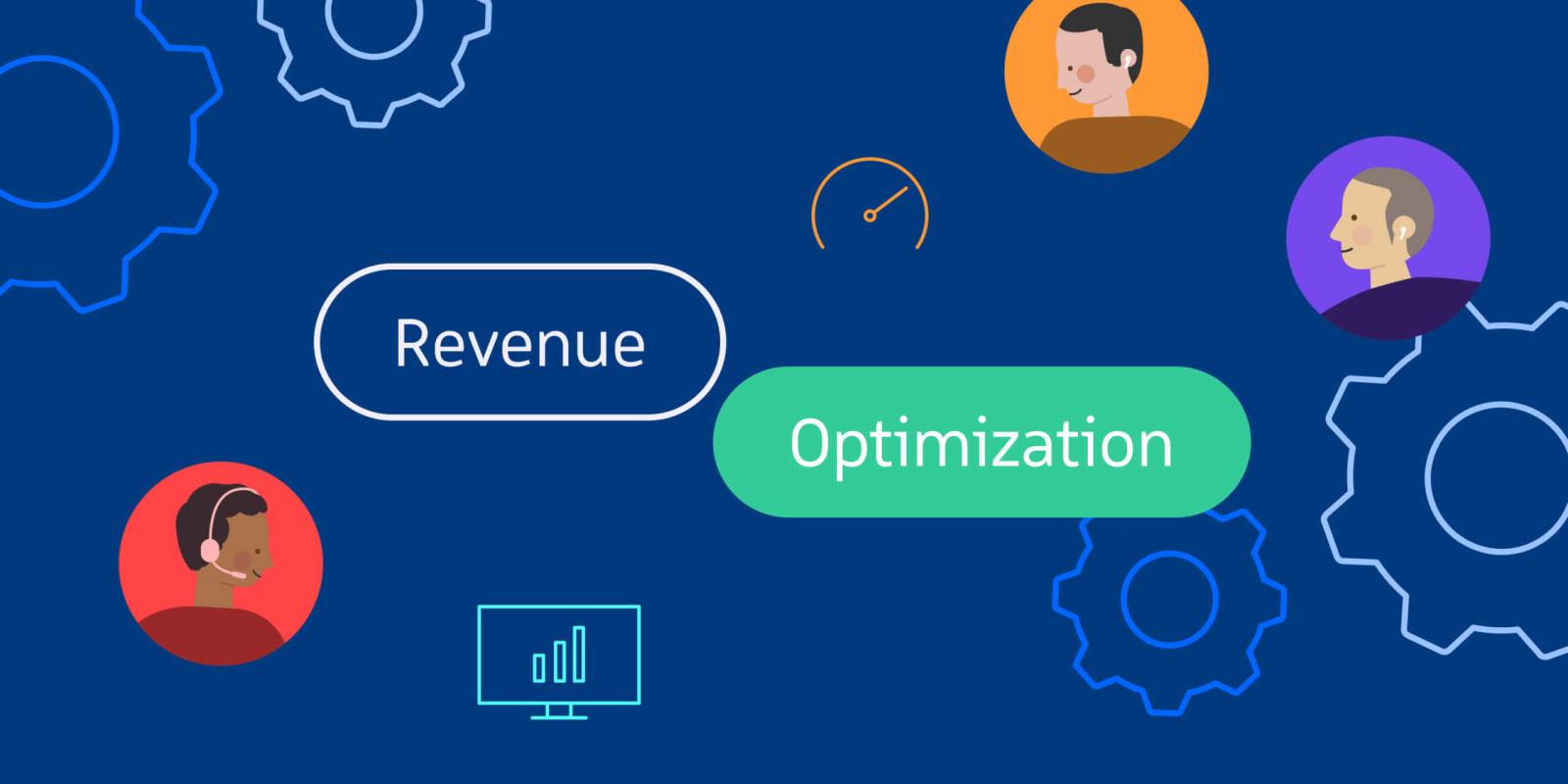Notifications

3 minutes, 44 seconds
-9 Views 0 Comments 0 Likes 0 Reviews

In the world of personal development and professional growth, coaching has become a popular tool to unlock potential and achieve goals. However, not all coaching styles fit everyone’s needs. Enter the concept of the Anti-Coach—a contrasting approach that challenges conventional coaching methods by focusing on authenticity, self-discovery, and minimal interference.
This article explores the Anti-Coach philosophy, how it differs from traditional coaching, and why it might be the right fit for certain individuals seeking genuine transformation.
An Anti-Coach is someone who intentionally rejects the typical coaching formulas—structured goals, constant motivation, and prescriptive advice. Instead, the Anti-Coach encourages clients to find their own answers, embrace imperfections, and trust their innate wisdom.
The core idea behind Anti-Coaching is that too much external pressure or guidance can sometimes hinder growth, leading to dependency or surface-level change rather than deep, lasting transformation.
Traditional coaching often involves:
Setting specific, measurable goals.
Motivational techniques to push clients beyond limits.
Action plans and accountability structures.
Expert advice and feedback.
Anti-Coaching, on the other hand, emphasizes:
Minimal guidance, allowing clients to self-navigate.
Acceptance of flaws and uncertainties without judgment.
Focus on awareness and presence rather than achievement.
Encouraging clients to question societal or internal expectations.
The Anti-Coach approach appeals to people who:
Feel overwhelmed or pressured by conventional coaching.
Desire a more introspective, self-led path.
Are skeptical of quick-fix solutions.
Want to break free from perfectionism and external validation.
Seek to cultivate self-compassion and mindfulness.
Trust in Self-Discovery: The Anti-Coach believes clients hold the answers within themselves.
Non-Judgmental Space: Emphasizing compassion over correction.
Embracing Uncertainty: Growth isn’t always linear or predictable.
Resisting Pressure: Rejecting the idea that progress must be constant or rapid.
Focus on Being, Not Doing: Encouraging presence instead of relentless doing.
While Anti-Coaching offers a refreshing alternative, it may not suit everyone. Individuals seeking:
Clear, structured plans.
Fast-paced accountability.
Direct expertise or technical skill training.
might find traditional coaching more effective.
Many modern coaches blend traditional methods with Anti-Coach philosophies, tailoring their style to client needs. This hybrid approach allows flexibility—offering guidance when requested and stepping back when clients need space.
The Anti-Coach approach challenges the coaching industry to rethink assumptions about growth and success. By focusing on authenticity, self-trust, and compassion, it opens a path to deeper, more sustainable personal development.
If you’re tired of high-pressure coaching and want to explore a gentler, self-led journey, embracing the Anti-Coach mindset could be the transformative step you need.

